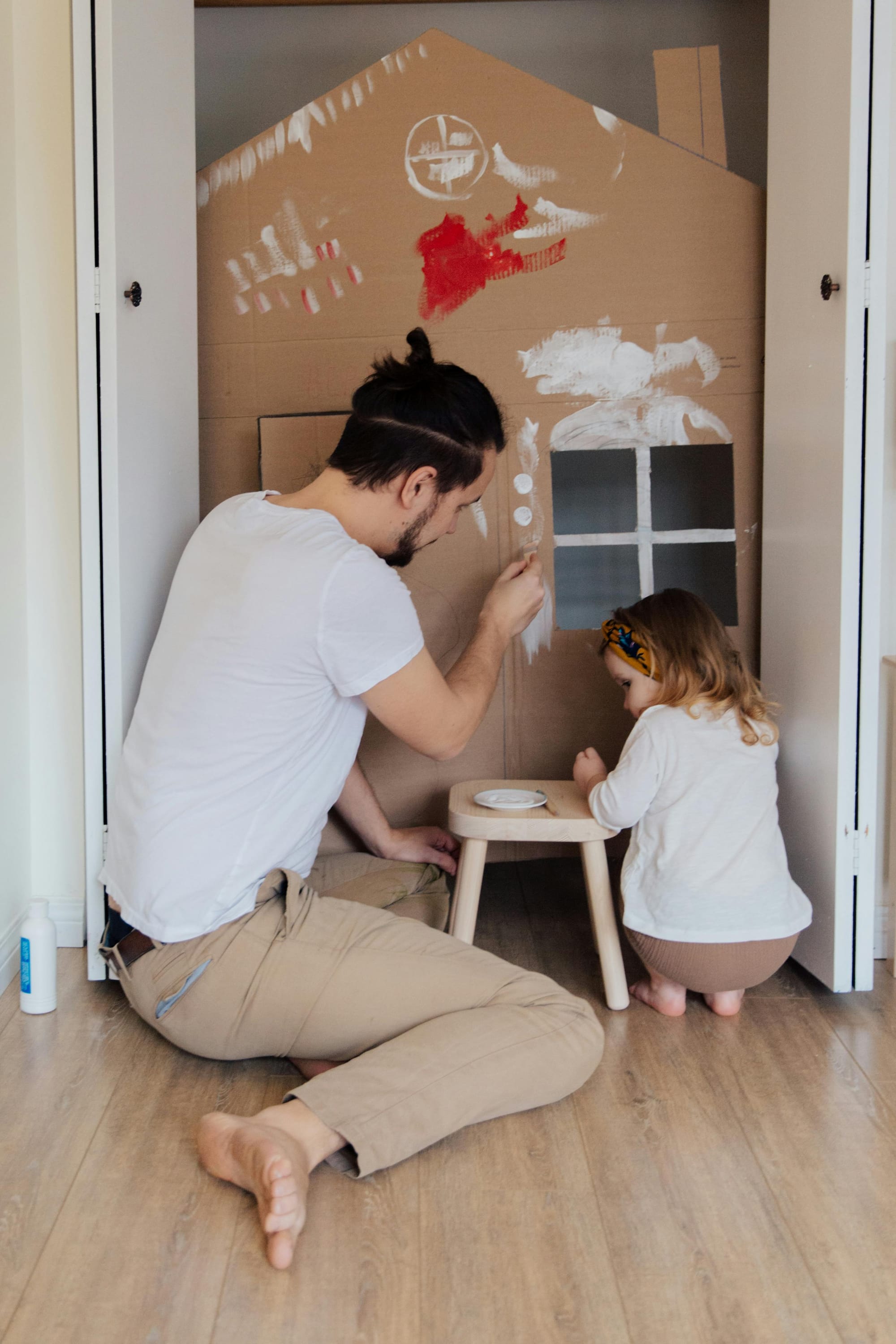Thoughts: On home

Once there was a way to get back homeward
Once there was a way to get back home
Sleep pretty darling, do not cry
And I will sing a lullaby
From “Golden Slumbers,” Paul McCartney and John Lennon, 1969
In the past few weeks, two of our grandsons started kindergarten, and I’ve been picking one of them up after school. For the a few weeks, his first words when we met were usually, “Home. I want to go home.” At the same time, my mother was in transitional care after a fall. At the top of her mind—and a great motivator to do her rehab—was her wish to go home.
What is this power of “home” that pulls a 5-year-old, a 92-year-old, and (dare I say) most other people?
The basic answer to that question is pretty obvious: People are drawn (to varying degrees) to stability and familiarity, to cherished relationships, and to warmth and comfort. These are why a church, a bar, or a club can readily be a “second home”—the institution and the people involved can provide a lot of what “home” means.
The pull of “home” runs through all kinds of places and situations: A home might an apartment, house, or tent; rented, owned, or shared; solo or multi-person; long-term or temporary. This variety suggests to philosophers that while the term “home” has vague boundaries, there is a core something that flags a place or situation as “home” (vs, say, a place to sleep). The basic comforts are part of this core. But what else?

Get back homeward
Another part of the core something that marks a “home” is that making a home is something we do as people. Beavers create lodges and dams to protect and nurture them; people create individual dwellings and villages or cities to protect and nurture us. And most often this is a group effort, for people as well as beavers. Even if there is someone designated the “homemaker,” their role is supported or made more difficult, appreciated or undermined, in dynamic ways that affect the success of the homemaking.
“Home” is also a boundary marker. Within the home exist “me and mine,” outside the home exist “others and theirs.” Within our home, we get to choose how things go (that’s the theory, anyway); outside—not so much.
The homemaking and the boundaries are both part of a broader something, which is that creating a home is a way of creating meaning in the world. Homes matter to us, in ways particular to each individual. And, very importantly, a (near) converse is also true—we matter in our homes in ways that we do not in the world outside the home.
Do not cry
So that profound ache to “get back homeward” can touch our whole being. For me—and I think for my mother and grandson—aching for home is a visceral experience. I left our Minneapolis home for four years to teach at Mount Holyoke College in Massachusetts. While there, my longing to be in touch with the people and gatherings, the rhythms of life, and the open vistas and lakes of Minnesota, often overwhelmed me and was always stressful at some level.
For me, the phrase “get back homeward” (from “Golden Slumbers” quoted above) made sense: I had a home to go to. But all too often, this is not an option. Having experienced my own cushy displacement to Massachusetts, I often think of migrant workers and immigrants, who, often involuntarily, leave behind the familiar for a new language and culture, perhaps for grueling or inconsistent work, with some or all of their family inaccessibly far away. For them, there is often no going back. And far too many people grow up in or land in homes that are abusive, or where they are not valued.
A common religious response is to picture a home beyond our earthly ones—a promised land, a heavenly home, an escape from samsara. People also compensate in earthly ways by leaving broken homes and rebuilding—not “get back homeward,” but “go ahead homeward.” The home-building urge allows people to create meanings and attachments of home in a new place and with new people. Doing so can help relieve the profound anxiety of actual or metaphorical homelessness in the midst of transitions. But it’s not easy. And as carefully as we might build, none of us can count on our homes’ lasting.

And I will sing a lullaby
Difficulties aside, it’s also possible, and often very important, to help others with their home-building. How to make my mother’s transitional care stay as home-like as possible? Bring what is familiar and meaningful to her: visits, her radio, her talking-book reader (thank you, Sarah!).
And—back to grandparenting!—one can also help others by offering a second home. We try to do this with our grandchildren in all the ways you’ll see throughout the blog. Just now, when the need has been acute at the big transition to kindergarten, I (and the parents!!) recognize that our grandchild is suddenly in a space where he is one of 30, and where the routines and rules are unfamiliar. So it has seemed to me that the most important aspects of “home” that I can share with him are the feeling that he matters, and that things are familiar and steady. Practically speaking, offering this second home is not complicated: As needed, I reassure him that I hear him and understand what he wants, and that I care about him. We do things he wants to do, beginning right away at pick-up with a license plate or car logo scavenger hunt in the school parking lot. And we’re sure he gets plenty to eat!
His need for this extra TLC will decrease over time, as school becomes one of his second homes. Hopefully, it gives him a little emotional space to begin building that school home for himself, with help from parents and teachers.
Through all this, I think, flows love. Love is another something that makes a dwelling a home. Someone(s) lovingly creates the home. Someone(s) brings love into it with talk and laughter, purrs or wags, cooking and eating, cleaning and maintenance. Someone(s) loves you enough to keep the home open to you even when you are down, or grumpy, or have made a mistake. And loves you enough to welcome you back after you go out adventuring—even for a long time. In return, you love: the home itself, the people or pets that share it with you, the warmth and welcome. With love—and luck—you and yours can keep on getting back homeward.